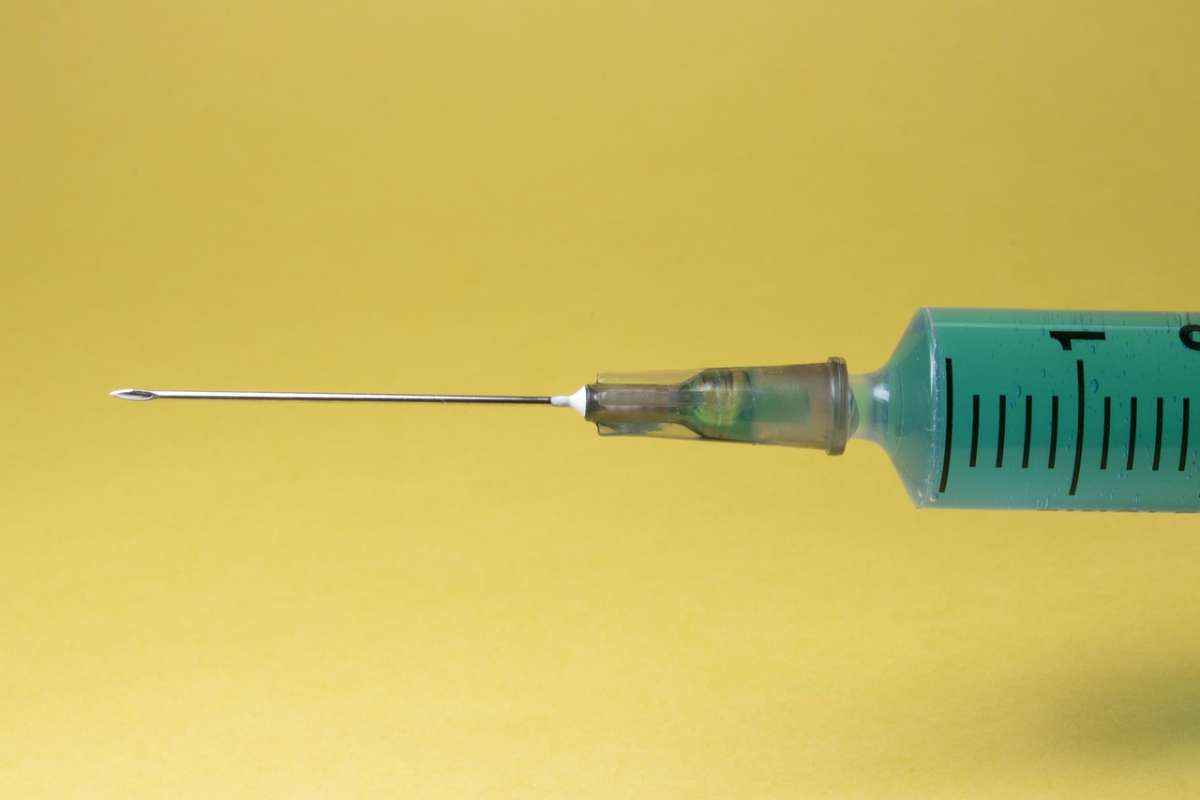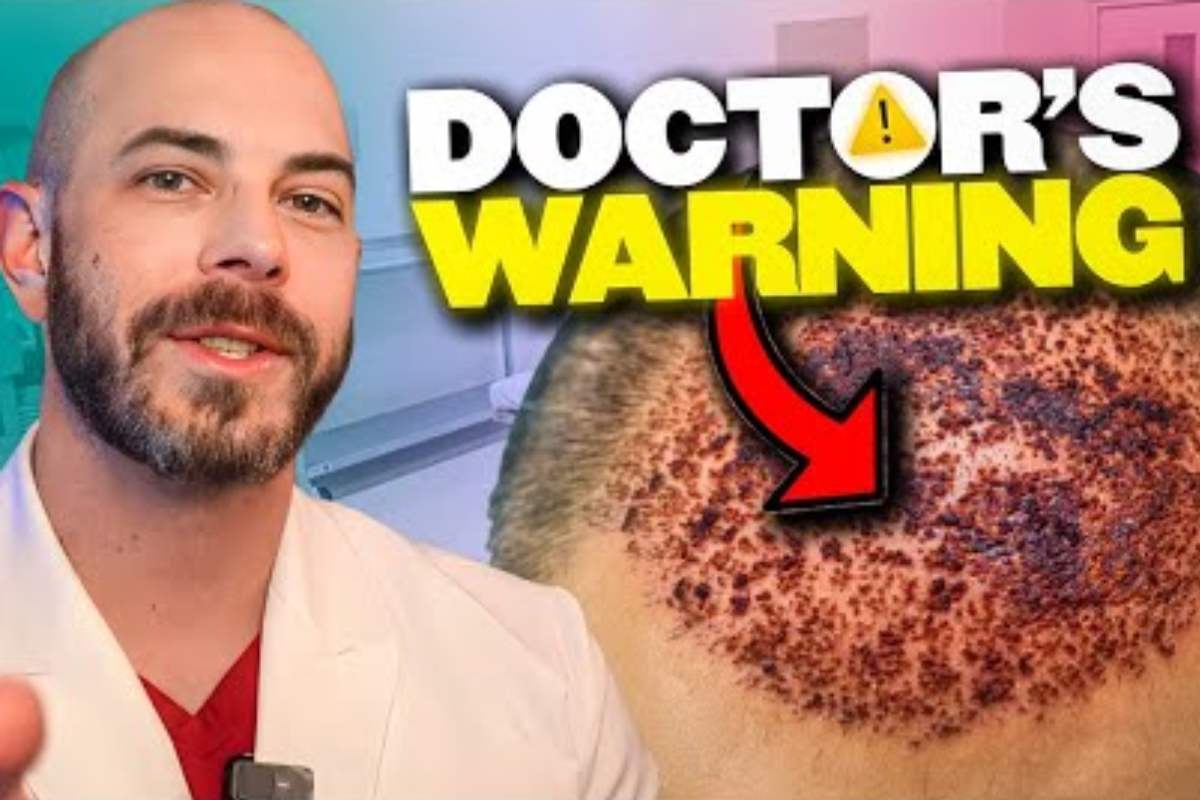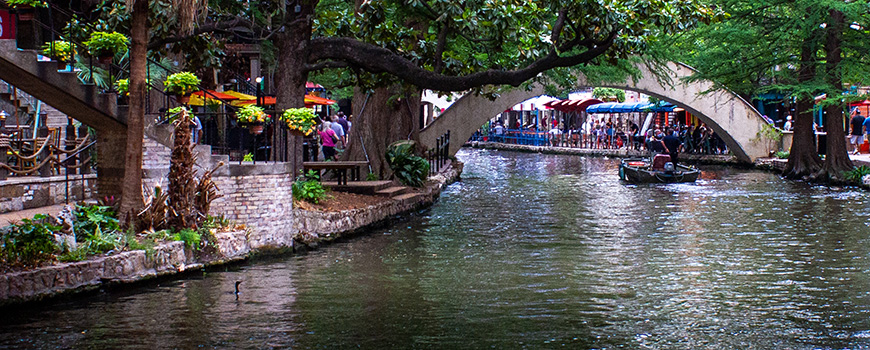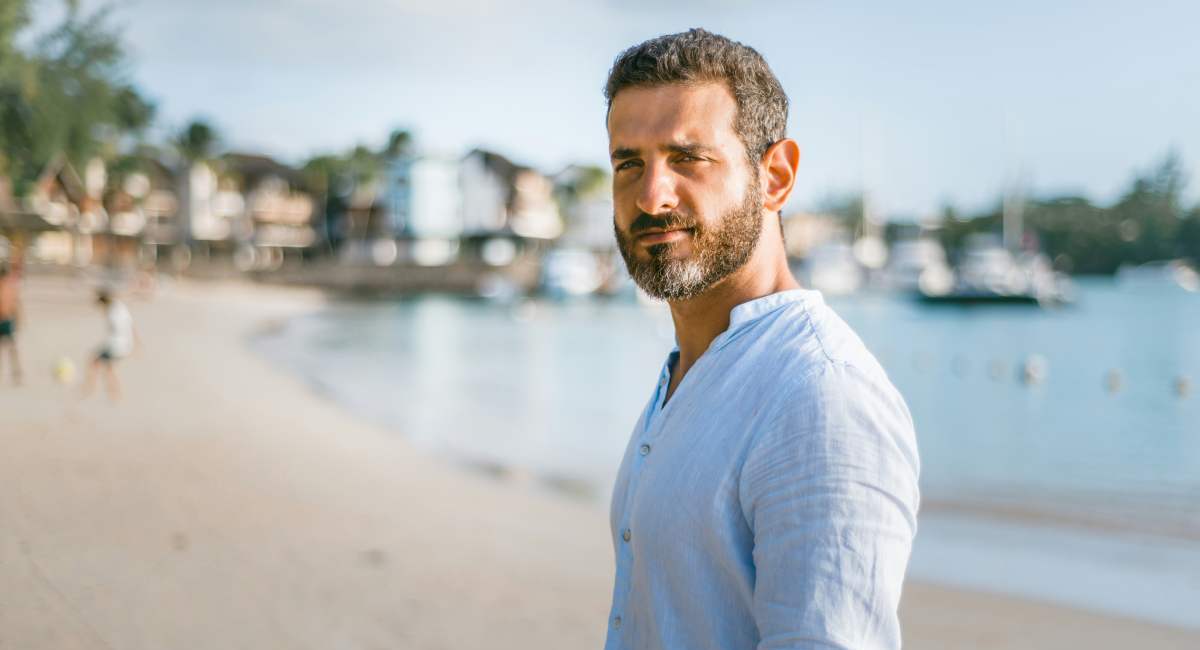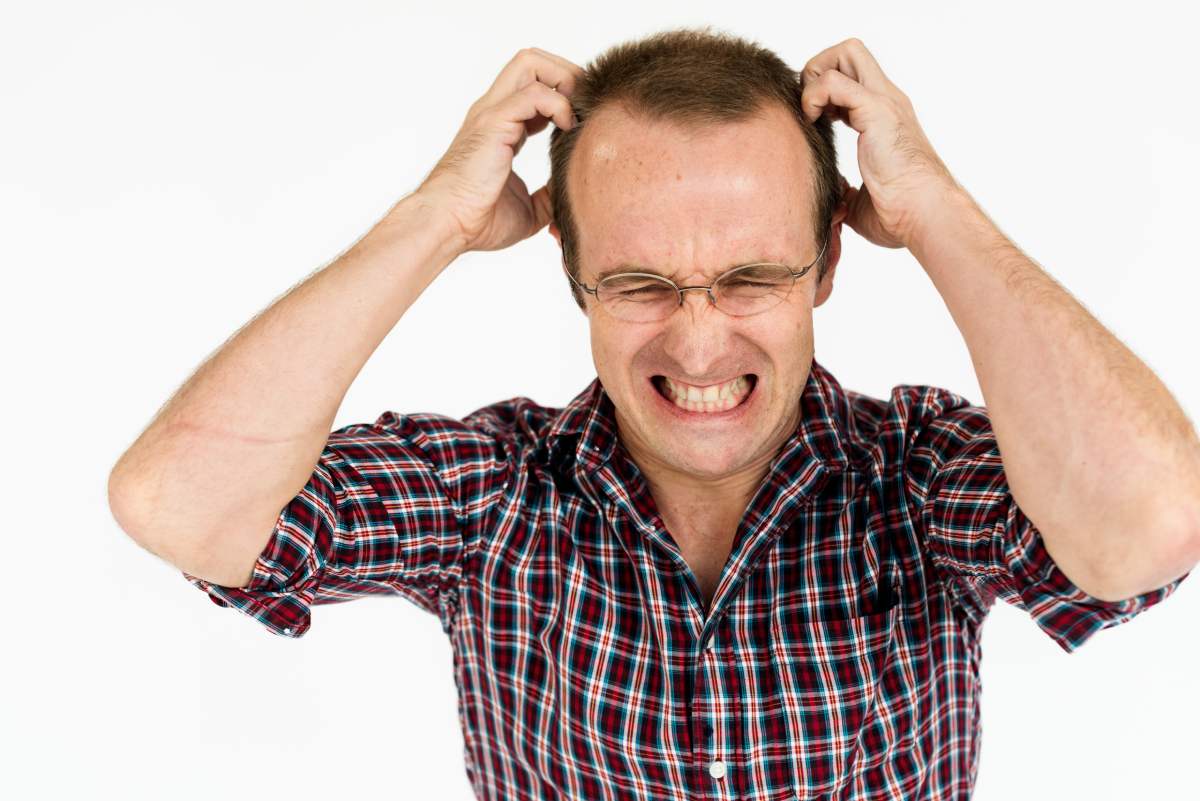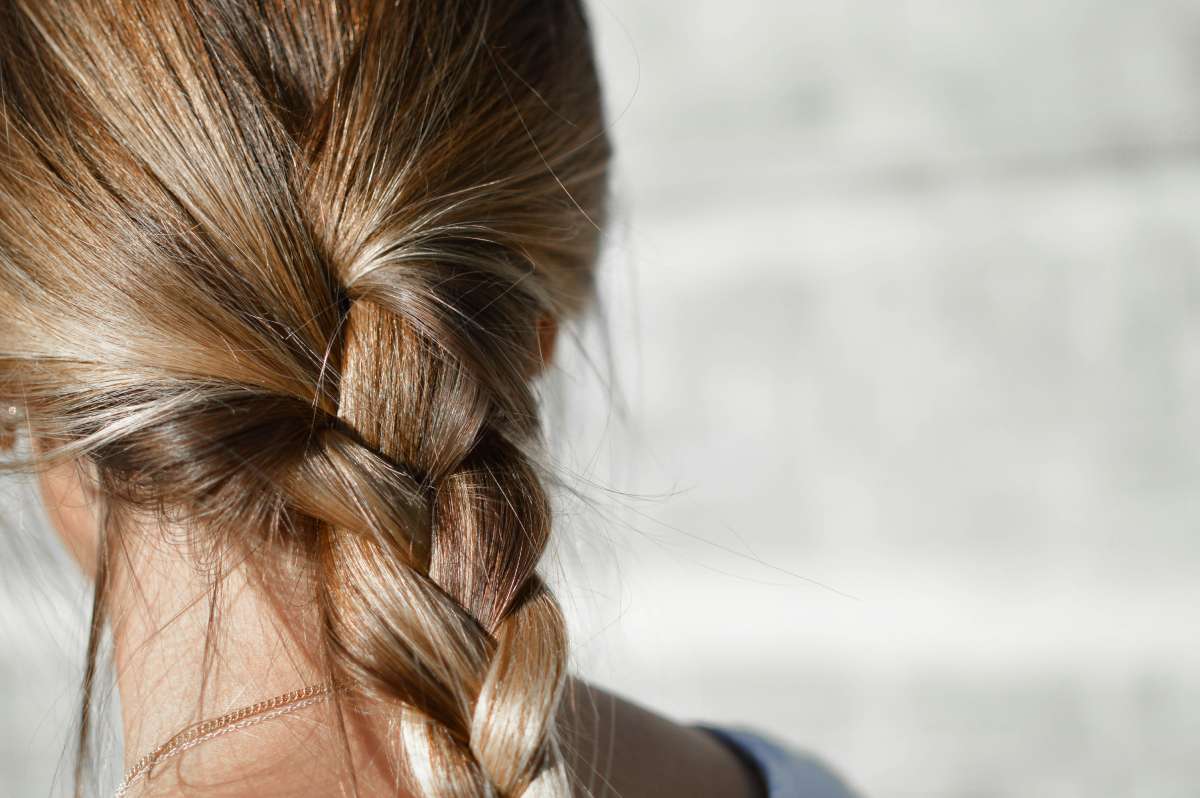From rough hangovers to liver disease, we’ve all heard about the common consequences of heavy drinking. But did you know about this lesser-known side effect of alcohol consumption—hair loss?
That’s right. If you’re a regular drinker and notice a receding hairline, it might be due to alcohol. If you’re an occasional or even moderate drinker, chances are low that you’ll experience hair loss due to alcohol consumption. However, heavy or binge drinking can cause balding in some people.
So, what’s considered heavy alcohol use? According to the NIAAA, binge drinking typically occurs after four drinks for women and five drinks for men within a few hours. They consider someone a heavy alcohol user if they binge drink five or more days within the last month.
But why does heavy drinking have the potential to cause hair loss? And is there any way to minimize alcohol-related baldness?
Poor Sleep and Stress
Many people believe that alcohol helps them sleep better. However, though drinking might make us pass out more easily, the quality of that sleep is significantly less than falling asleep sober. That’s one reason why it’s common to feel exhausted after a night of drinking—even if you manage to sleep in past noon.
But how exactly does a lack of sleep contribute to hair loss? When our sleep quality suffers, our bodies don’t have the ability to recover from the previous day, or prepare for the day ahead. This leads to mood swings, lack of focus, and chronic exhaustion — all of which create stress. With increased stress often comes increased hair loss.
The technical term for stress-induced hair loss is telogen effluvium or TE, and it’s one of the more common non-genetic forms of balding. It occurs when the body is under so much duress that the brain redirects any non-vital bodily functions to areas needing more attention. As much as we love our locks, they aren’t necessary for survival.
If your alcohol consumption affects your sleep—and therefore your stress levels—long enough, you might not only experience more frustrating nights tossing and turning but also more hair on your pillow when you wake up in the morning.
Lack of Nutrients
With very few exceptions, alcohol provides consumers empty calories with no nutritional benefit. If you’re regularly supplementing your daily calorie intake with alcohol or making poor food choices thanks to a regularly inebriated state, the effects of a poor diet may begin showing up in the form of hair loss.
Our body needs good nutrition in the form of vitamins and minerals like vitamin B, zinc, iron, vitamin A, protein and more to promote hair growth. A lack of these nutrients can cause brittle, thinning hair.
In addition, heavy drinking damages your stomach and digestive tract which can keep you from properly absorbing and metabolizing nutrients. Or, as with stress-related hair loss, hair may stop growing altogether (go into a resting phase) if the body decides other areas need those sparse nutrients more than your locks.
Dehydration
Alcohol is considered a diuretic. This means that drinking alcohol triggers vasopressin, a hormone that tells your kidneys to reabsorb any existing water—not flush it through to your bladder. The result is that any liquid fast tracks through the body before properly hydrating it. This leads to significant dehydration if you’re not drinking plenty of water while drinking.
Hair needs plenty of moisture and hydration for healthy, shiny growth. Without hydration, hair becomes dry, brittle and prone to breakage, which often equates to thinning hair. If you’re drinking enough alcohol on a regular basis to cause regular dehydration, your hairline might be paying a serious price.
How Can I Stop Alcohol-Related Hair Loss?
If you believe your hair loss might be due to alcohol consumption, the good news is that it’s oftentimes reversible, depending on the specific cause. However, that likely will mean abstaining from—or at least significantly cutting down on—drinking booze.
A resurgence in hair growth won’t be overnight though. Let’s say you cut out alcohol, get better sleep, consume more nutrients, properly hydrate, etc.—your hair follicles will still need to slowly start growing from scratch. Non-invasive treatments like medications and shampoos may speed up growth, but it often takes up to a year to see significant new growth.
Unfortunately, there are some cases in which hair loss may be permanent. This typically occurs if the specific cause of the alcohol-related baldness happened long enough for the hair follicle itself to shut down completely. If that’s the case, only an invasive treatment like a hair transplant will bring back your hair.
Think your hair might be thinning because of alcohol consumption? Stop wondering and call us at Limmer HTC. Our San Antonio-based team can help bring your hair back to its former luster. Call us today at (210) 496-9992 or book an appointment online anytime.

